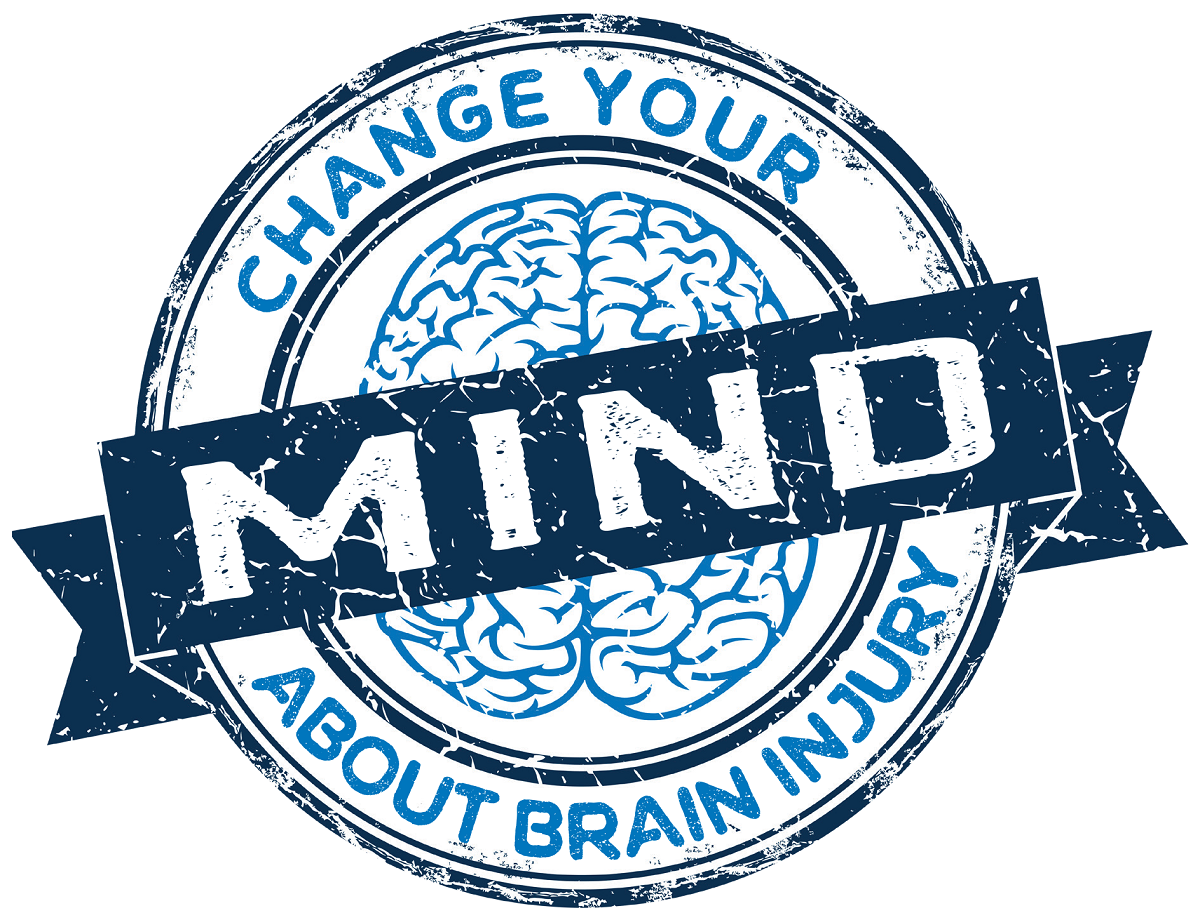
A human brain is one of nature’s most complex creations. It consists of many parts, each with its own vital functions. It controls everything — our ability to walk, talk and eat; regulates our heartbeat and respiration; and enables us to receive, store and process information. Our brains basically make us who we are.
As leading Winter Haven personal injury attorneys dedicated to helping those who have been hurt through the negligent acts of others, Rivas Law Group is all too familiar with the devastating physical, mental and emotional effects of brain injuries. These types of injuries are often medical emergencies that require immediate treatment in order to save the life of the victim. There is a very real possibility that a brain injury could leave a victim permanently disabled, unable to work or even to care for themselves.
“Change Your Mind” About Brain Injuries
In an effort to call attention to the serious impact that brain injuries have on the injured and their families, the Brain Injury Association of America (BIAA) has declared March to be Brain Injury Awareness Month. The BIAA is the nation’s oldest and largest brain advocacy organization; their mission is to advance awareness, research, treatment, and education and to improve the quality of life for all people affected by brain injury.
The theme of Brain Injury Awareness Month from 2018-2020 is “Change Your Mind.” According to the BIAA website, the goals of this year’s Brain Injury Awareness Month are to:
- Remove the stigma of brain injuries through outreach within the brain injury community;
- Empower brain injury survivors and their caregivers; and
- Promote the many types of support that are available to people living with brain injury;
The Effects of Brain Injuries
No two brain injuries are exactly the same, and each type of injury requires its own individual treatment. The effects of a brain injury are often complex and can be unpredictable, varying from person to person.
Unlike bones or muscle tissue, the neurons in the brain do not heal themselves, and no new brain cells replace ones that are lost due to injury. Sadly, many areas of the brain may remain damaged, and the functions that were controlled by those areas may be permanently disrupted.
Brain injuries fall into three categories, according to the severity of their symptoms:
- Mild: Brief, if any, loss of consciousness; vomiting or dizziness; lethargy; some memory loss.
- Moderate: Unconsciousness that can last for up to 24 hours; signs of brain trauma or injury either visible or revealed through neuroimaging; contusions or bleeding.
- Severe: Unconsciousness that exceeds 24 hours (coma) with no sleep/wake cycle during loss of consciousness. Severe brain injuries can leave a person in a minimally conscious state, locked-in syndrome (a person is conscious and able to think but is unable to move any part of their body except the eyes), a vegetative state, a persistent vegetative state or brain dead.
Traumatic and Non-Traumatic Brain Injuries
The cause of a brain injury is either traumatic or non-traumatic.
A traumatic brain injury (TBI) is an alteration in brain function caused by an external force or trauma. Causes of traumatic brain injuries include:
- Falls
- Sports Injuries
- Automobile, Truck, Bus or Motorcycle Accidents
- Gunshot or knife wounds
- Workplace injuries
- Construction site injuries
- Domestic violence
- Child abuse (such as shaken baby syndrome)
- Nursing Home abuse
The Center for Disease Control website states that traumatic brain injuries are a major cause of death and disability in the United States, contributing to about 30% of all injury deaths. Every day, 137 people in the United States die from traumatic brain injuries. At least 5.3 million Americans live with a TBI-related disability.
Non-traumatic brain injuries are just the opposite — they are injuries caused by internal forces. Their effects on brain function can be just as bad as a TBI. Non-traumatic brain injuries can be the result of:
- Stroke
- Disease
- Infection
- Oxygen deprivation
- Drug overdose
In some instances, a medical error or misdiagnosis may result in a non-traumatic brain injury.
Winter Haven TBI Attorneys
If you have suffered a concussion or other traumatic brain injury after an accident in which someone else was at fault, it’s important to seek legal representation to protect your rights. The Rivas Law Group has extensive experience helping victims of traumatic brain injuries to recover the compensation they are owed for the pain, suffering, medical expenses and economic losses stemming from their injuries.
Please do not hesitate to reach out for help. Contact Tania Rivas and the Rivas Law Group to set up a free consultation to discuss your case with a Winter Haven brain injury attorney.



